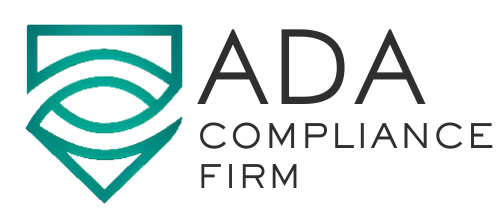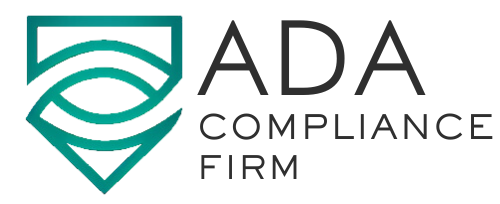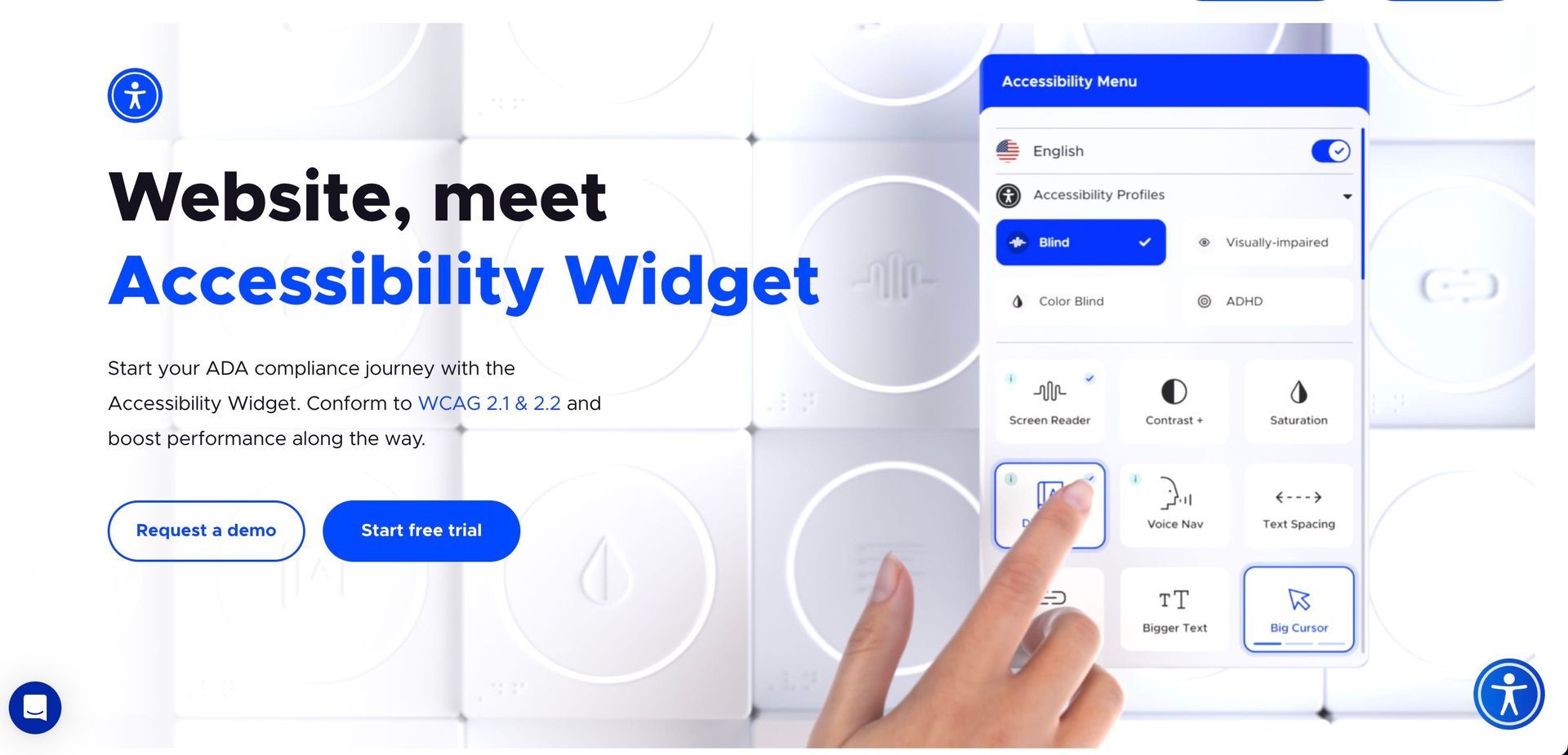ADA Compliance for Small Businesses: A Path to Inclusivity and Success

The Americans with Disabilities Act (ADA) is pivotal legislation that has significantly reshaped the concept of accessibility in public accommodations. For small business owners, navigating the intricacies of ADA compliance can seem daunting, yet the benefits to both the business and their community can be substantial. By recognizing the importance of ADA compliance, small businesses can not only avoid legal issues but also tap into a vast consumer base who value inclusivity and social responsibility.
In this in-depth analysis, we’ll dissect what ADA compliance entails for small businesses, reveal the rewarding aspects of adherence, explore common compliance pitfalls, and offer actionable steps toward achieving full accessibility. Furthermore, we’ll spotlight inspiring case studies of businesses that have triumphed in their ADA compliance journey, and furnish a catalog of useful resources and tools to guide your own venture. Let’s ensure your business stands as a beacon of inclusivity!
The Foundation of ADA Compliance: A Small Business Imperative
Understanding the essence of ADA compliance is the first step toward embodying its precepts. Historically, the ADA dictates legal mandates aimed at ensuring that individuals with disabilities can enjoy equal opportunities in every aspect of public life—quite the noble aspiration for small businesses. The act casts a wide net, encompassing everything from physical accommodations like entryways and restrooms, to the often-overlooked digital realm, where accessible websites are a key consideration.
Compliance with the ADA isn’t just a regulatory checkbox; it’s a mindset shift that asserts the inherent value of every customer. In the case of small enterprises, it’s particularly critical, as they often serve as the lifeblood of local economies, community hubs, and incubators of social change. Embracing ADA is aligning with a powerful legacy of equality and setting the stage for a more welcoming and prosperous business environment.
Unpacking the Pillars of ADA Compliance
Small business owners become adept navigators of the legal landscape when they familiarize themselves with the key pillars of ADA compliance. These foundational elements aren’t just abstract concepts; they translate into tangible actions that foster a culture of accessibility. Let’s explore the core directives that should form the backbone of your compliance strategy.
Physical Accessibility
Ensuring your business premises are physically accessible is non-negotiable. This ranges from providing ample parking spaces for individuals with disabilities, installing ramps and elevators, offering wheelchair-accessible routes, and equipping utility and service counters at a suitable height. Employing clear signage, wider doors, and non-slippery surfaces further demonstrates your commitment to inclusivity.
Digital Accessibility
In our increasingly online world, digital accessibility is just as crucial as physical access. Small businesses must ensure that their websites and online services are designed to accommodate those with visual, auditory, or motor impairments. This might involve using screen reading software, providing alternative text for images, and steering clear of design elements that may create barriers to access.
Communication Accessibility
Effective communication lies at the heart of good customer service. Making provisions for those who may require alternative formats for printed materials, or assistance using available aids or services, is paramount. Employees should be trained to interact with customers who have various communication needs with respect and understanding, ensuring no one feels overlooked or marginalized.
Navigating Compliance: The Lifeline of Small Business Survival
Becoming ADA-compliant isn’t a challenge to undertake begrudgingly; the spoils of victory are well worth the effort. An accessible business opens its doors to a broader, more diverse customer base, firmly entrenching its name in the local community. The royal treatment meted out to all patrons, regardless of ability, forges unbreakable customer loyalty.
A Brand That Stands for More
An ADA-compliant business is more than just a purveyor of goods or services; it is a change-maker in action. By broadcasting your commitment to inclusivity, you shape a brand image rooted in social consciousness, one that commands respect and admiration from patrons and peers alike. This virtuous branding cycle only reinforces your business’s value in the market.
Legal Tangles Untangled
For small businesses, the prospect of legal entanglements is as alarming as it is avoidable. Complying with the ADA guidelines is the best insurance policy against litigation. It not only shields your business from penalties but also prevents the tarnish to your reputation that often accompanies legal disputes.
The Shrouded Pitfalls of ADA Noncompliance
The digital arena, which has reshaped how business is conducted, can also become a breeding ground for ADA compliance oversights. Websites laden with inaccessible features can unknowingly shut out a considerable portion of potential customers. Text that conflicts with screen-reading software, images without alt-text, and complex navigation can render websites useless to those with disabilities.
Physical Spaces That Exclude
Physical structures that inhibit mobility are another stumbling block. Steps, narrow doorways, high counters, and even dim lighting can pose challenges for people with disabilities. The absence of clear pathways and marked spaces for individuals who use mobility devices further isolates this demographic.
Communication Breakdowns
Missteps in customer interactions and communication can be subtle yet damaging. Employees lacking the training to effectively engage with customers with disabilities can inadvertently create barriers. The absence of clear communication protocols and alternative tools for information dissemination compounds these issues, leaving many customers feeling undervalued.
Proactive Strategies to Achieve ADA Compliance
Prioritize your compliance efforts by conducting a thorough accessibility audit. This involves examining physical premises, digital assets, and staff training to address potential shortcomings. An audit is akin to a diagnostic tool—its findings pave the way for targeted adjustments that align with the spirit and letter of ADA regulations.
Retrofitting Physical Spaces
For many small businesses, the path to physical accessibility may require some infrastructure updates. Ramps, door adjustments, lighting enhancements, and restroom modifications are common remedies that can transform a space into a haven for all customers. Investing in these enhancements isn’t just a legal requirement; it’s an investment in customer satisfaction and loyalty.
Forging a Path to Website Inclusivity
Molding your online presence to be as welcoming as your physical location is critical. This means collaborating with web designers who understand the nuances of accessible design or employing tools that automate the process. Key features include clear and structured content, adaptable layouts, and easy-to-use navigation that benefits all users.
Embracing Multichannel Communication
Effective communication goes beyond spoken or written words; it’s about facilitating understanding through diverse channels. Equip your business with materials available in various formats—braille, large print, or digital text—as well as a knowledgeable staff capable of catering to an array of communication needs.
Real-World Success Stories of Small Businesses Embracing ADA Compliance
In a bustling city known for its diversity, a quaint café made a monumental shift when they observed a segment of their local population struggling to engage with their space. By introducing a simple ramp at the entrance, they instantly expanded their clientele. Social media stories lauding their initiative attracted new customers and solidified their status as a community-friendly establishment.
On the Road to Legal Harmony: The Store that Avoided a Pitfall
A small boutique, nestled off the beaten track, avoided a brush with the law by proactively adjusting its business model. A conversation with a local disability rights advocate highlighted areas of their space that could be problematic. Rather than waiting for a complaint or legal notice, they eagerly took the suggestions onboard, ensuring their store was truly open to all.
The Tech Savvy Grocer: Delivering Accessibility with Ease
A locally owned grocery store ventured into the digital space with an online delivery service. Realizing the inaccessible nature of their original platform to screen reader users, they embedded features that catered to all needs. Not only did this bolster their service to existing customers with disabilities, but it also provided a unique selling point that attracted new clients.
A Payload of Support: Navigating Resources for Small Business ADA Compliance
Embarking on a compliance journey need not be a solitary endeavor. A plethora of tools, resources, and organizations stand ready to assist small business owners in their quest for accessibility. These allies offer a toolkit of knowledge, training opportunities, and sometimes, much-needed financial assistance.
Mastering the Basics with the ADA National Network
The ADA National Network serves as an invaluable guide through the labyrinth of accessibility standards. Their wealth of resources includes expert guidance, in-depth training modules, and answers to frequently asked questions. Small businesses can leverage this network to build a sound strategy for compliance.
Steering Your Website with WCAG
The Web Content Accessibility Guidelines (WCAG) are the compass that can lead your online presence to safety. By adopting and implementing these guidelines, small businesses can ensure that their websites are accessible to a broad audience, enhancing user experience and satisfaction.
A Fine-Tuned Approach with Accessible.org
Accessible.org offers a customized approach to ADA website compliance. Their consultancy services combine expert knowledge with a personal touch, addressing the unique needs of each small business. By partnering with experts, you can steer clear of common website accessibility pitfalls.
The Power of Automation with UserWay
UserWay offers a straightforward solution for businesses looking to automate aspects of their website’s accessibility. Their free tool swiftly integrates features such as screen reader adjustments, keyboard navigation support, and image recognition, marking a significant step toward digital inclusivity.
Comprehensive Compliance with AccessiBe
AccessiBe is a one-stop-shop for businesses looking to achieve comprehensive ADA compliance. Their robust suite of tools addresses every aspect of web accessibility, from dynamic text adjustments to content relations that are built for universal understanding.
Charting a Course Toward an Inclusive Future
The journey to full ADA compliance may be long, but it is a rewarding endeavor that promises tangible benefits. Small businesses stand on the front lines of community involvement, and their adherence to ADA principles holds the power to transform not just individual businesses, but entire neighborhoods. The sooner your business commits to being a paragon of accessibility, the sooner it can reap the fruits of that commitment.
The Tapestry of Community Inclusivity
Imagine a local business district where every shop, every cafe, every service is a shining example of inclusivity. This is no utopian dream; it’s a vision that can be realized through collective effort. Small businesses are the building blocks of such inclusive communities, with the power to uplift and empower countless lives.
Unwrapping the Dual Reward of ADA Compliance
ADA compliance offers a dual reward. It brings the satisfaction of doing right by your fellow community members and the fiscal rewards of an expanding customer base. In truth, the two are inextricably linked. Businesses that prioritize inclusivity not only adhere to the law but also reap the loyalty and advocacy of their customers.
By embarking on this journey, small businesses will not just be adhering to legal requirements; they’ll be embracing a set of values that resonate with the broader societal narrative. Commit to ADA compliance is a commitment to a more inclusive today and an even brighter tomorrow for all.
Join our newsletter
Recent Blog Posts
















